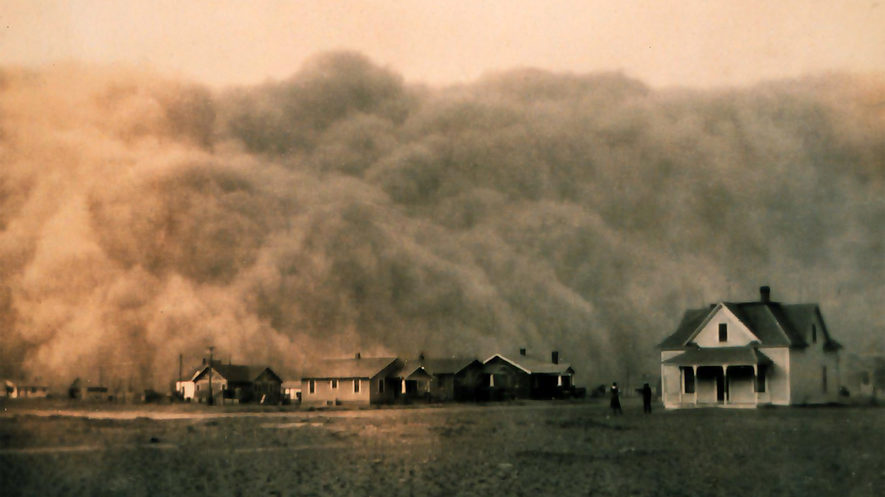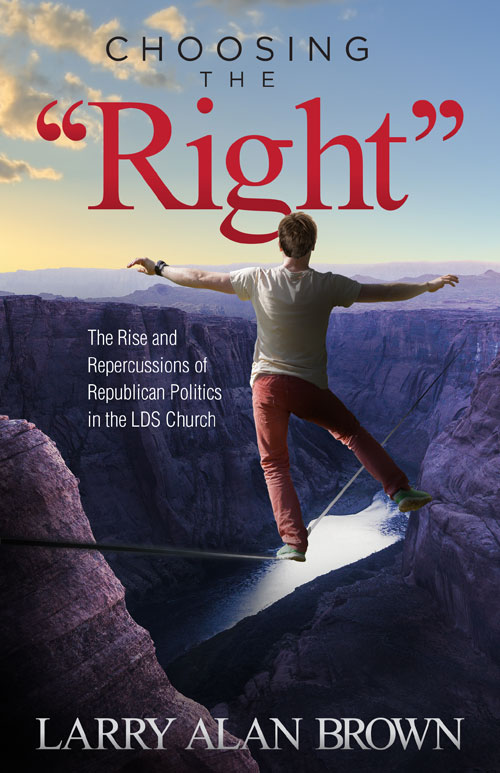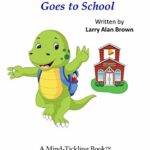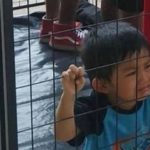Great roiling windstorms blow clouds of dust in from the northern plains and turn the sky blood red. The impoverished dirt farmers can see them coming 20 miles away but are helpless to do anything but run for cover. They stuff wet towels over the cracks around windows and doors in futile attempts to keep the out the dirt. In the morning, they find layers of grit everywhere – on the floors and furniture, on their tongues, in their teeth. The storms scour the land and carry away the parched topsoil, leaving their farms barren of life, barren of hope.
The drought-plagued decade of the 1930s in the Southern Plains of Oklahoma and surrounding states became known as the Dust Bowl. It brought about the greatest migration of people in U.S. history, driving hundreds of thousands of destitute families to California where they believed they’d find their promised land. The owners of fields and orchards in California posted handbills in devastated Dust Bowl towns to attract cheap labor. They promised a new life with plenty of sunshine and work for all where the migrants could feed and raise their children. It gave them hope. But the truth would soon crush their hopes.
After traversing more than 1,500 miles in rickety, overloaded cars on rough roads, they quickly found that there were not enough jobs picking cotton, fruit and vegetables. Owners took advantage of the glut of desperate men to force down wages to the point that families came close to starvation, suffered from disease and struggled in misery in squalid shanty camps. The locals – who were also suffering from the deprivations of the Great Depression – took to calling the migrants “Okies,” a disparaging taunt meant to demean them for their ragged clothes, lack of education, strange dialect and the strain they put on medical and school resources. But the refugees began calling themselves Okies as a sign of pride and defiance.
John Steinbeck was a newspaper reporter when he visited a shanty camp in 1936. His shocking novel, The Grapes of Wrath, documented the plight of the Okies, including how farm owners destroyed crops to prop up the prices so owners could reap a greater profit while migrant families went hungry. Steinbeck wrote: “The works of the roots of the vines, of the trees must be destroyed to keep up the price, and this is the saddest, bitterest thing of all. Carloads of oranges dumped on the ground. The people came for miles to take the fruit, but this could not be. How would [the migrants] buy oranges at twenty cents a dozen if they could drive out and pick them [for free]? And men with hoses squirt gasoline on the oranges … A million people hungry, needing the fruit – and kerosene sprayed over the golden mountains.”
Steinbeck documented how desperate Okies tried to save potatoes that had been dumped into rivers but were held back by guards. Pigs were slaughtered and buried in quicklime. “This is a crime that goes beyond denunciation. There is a sorrow here that weeping cannot symbolize…And children dying of pellagra must die because a profit cannot be taken from an orange,” wrote Steinbeck. He captured the Okies’ burgeoning anguish and bitterness: “In the eyes of the hungry, there is a growing wrath. In the souls of the people the grapes of wrath are filling and growing heavy, growing heavy for the vintage.”
The heartbreaking story of the Okies is a microcosm of the plight of countless refugees from all times and places. What do they have in common? They’re seeking protection, shelter, security and sanctuary from a threat, often with their children. They’re also feared, demonized, hated and rejected. Many die trying to escape their circumstances. But many others find ways to plod forward, often against great odds, to adapt to their new lives – and survive.
Aren’t we all refugees?
Maybe our personal challenges aren’t as dire and dramatic as the Okies’. But don’t we all face the pain of our own private dust storms? Whether it’s the loss of a child, a home destroyed by fire, being laid off from a job, escaping from a failed relationship or struggling against an addiction – we have a choice to make: Let ourselves be run over by events or face the reality and lean against the wind with hope and faith, regardless of the outcome. And there are always good people who offer their hearts and sacrifice their means to reach out to refugees to ease their pain. But there are too few.
The refugees of the world deserve our respect, our admiration and our sacrifices for their indomitable spirits and the courage to pick the grit out of their teeth and move on.
Note: There are many fine books about the Dust Bowl. One that really moved me is entitled “Children of the Dustbowl: The True Story of the School at Weedpatch Camp by Jerry Stanley. It’s about a group of dedicated, heroic people, along with the Okies themselves, who received donated materials from goodhearted people and businesses so they could build a school for migrant children.








2 Comments
Matt August 17, 2018
Thanks for sharing. I am saddened by our fearful rejection of refugees and immigrants
while claiming to be a Christian nation. I just don’t understand. But I am proud of
some Americans and organizations for doing something about it to help. I should be
doing more.
You might be interested in this article by an old friend of mine. I grew up with the
Baradarans in NY. They are amazing people in every way.
http://www.slate.com/articles/news_and_politics/politics/2017/01/i_was_a_refugee_from_a_terrorist_country_america_trusted_me_anyway.html
larryalanbrown August 17, 2018
Hi Matt. Yes, there are many groups and people who are helping others with no thought of reward other than to do the right thing. It’s inspiring and speaks to the best in human beings. We really are capable of doing amazing good. And thanks for the link. I’ll check it out.
Leave a comment